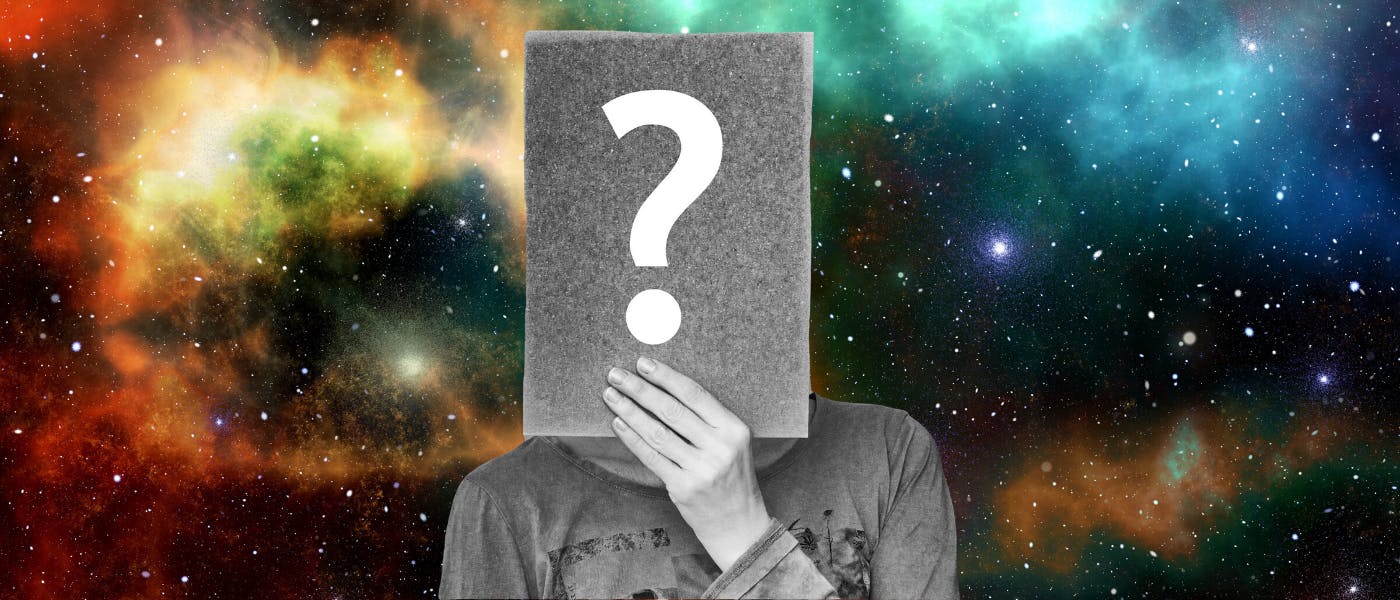1,148 reads
Re: George Hotz, Simulation Theory, Stephen Wolfram, "God and Dice"
by
June 19th, 2020
Audio Presented by
Big fan of decentralized software and the pursuit of scientific research.
About Author
Big fan of decentralized software and the pursuit of scientific research.
